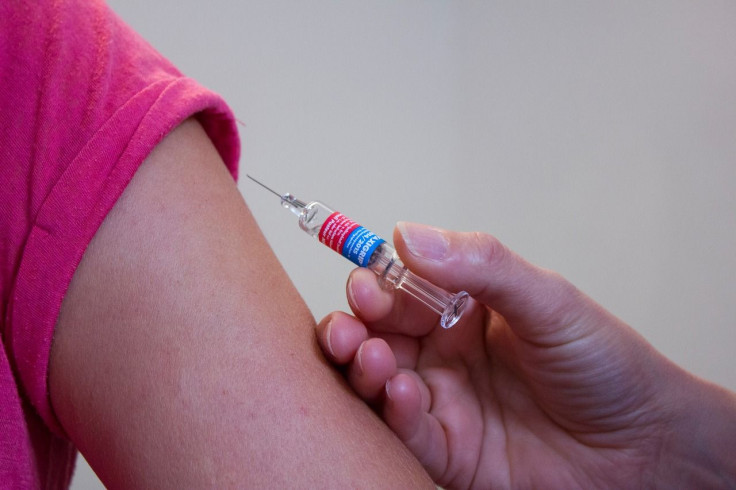WHO Issues Advice On Whether Pneumonia Vaccines Protect You Against COVID-19 Infections?

KEY POINTS
- Coronavirus has infected so many people in different countries
- Many people surmise that a vaccine for pneumonia can protect people against the virus
- Scientists debunk this and say that this is not true
Frontline healthcare workers are beginning to feel the pressure and strain. Amid all uncertainties and panic, it has become very hard to distinguish fact from fallacies. This is particularly evident in the case of hopes for the development of a vaccine.
Authorities say the virus outbreak is very destructive on two fronts. On one front, it poses a direct threat to human life, and on another, it sows great fear among the populace. According to experts, it is the latter that makes the original problem worse.
Fear can adversely impact the sense-making abilities of people and allow the spread of false information. Incorrect information can influence you to make decisions that can put you in harm’s way. This is why it is vital to combat any myths with knowledge based on evidence.
False Vaccine Claims
One story that has made rounds in various circles, particularly social media, is the claim that a certain vaccine can be used against the deadly virus. According to the narrative, vaccines for pneumonia can protect a person against the new coronavirus. Information like this is easily devoured and shared by people who see only hopelessness and despair.
Unfortunately, the World Health Organization has declared that there is no truth to the information. The health body stated that pneumonia vaccines like Haemophilus influenza type B or Hib vaccine and pneumococcal vaccine do not provide you any protection against the deadly coronavirus.
As health experts of the WHO said, coronavirus is so different and new that it requires its own vaccine. They also said that at the moment, researchers are furiously racing against time to develop a vaccine against COVID-19 and the health body is supporting their efforts. They also added that although the vaccines mentioned are not effective against COVID-19, it is highly recommended for you to get vaccinated against respiratory illnesses for your health’s protection.
What Scientists Know So Far
According to the WHO, they have scientific evidence that coronavirus is transmitted through cough droplets and by getting into contact with contaminated objects. Recent research also suggests that it can survive in the air or in aerosols for up to three hours. Related studies also prove that it can survive on copper surfaces for four hours, 24 hours on cardboard material and two to three days on stainless steel and plastics.
The co-author of the study, James Lloyd-Smith said that the virus is highly transmissible through relatively casual contact. This makes the pathogen very difficult to contain. Dr. Lloyd-Smith is a professor of ecology and evolutionary biology at UCLA. He said that if you touched the items that an infected person handled recently, you can pick up the virus. This is why it is very important to wash your hands for at least 20 seconds and to avoid touching your face, mouth, or eyes during that time.
© Copyright IBTimes 2024. All rights reserved.





















